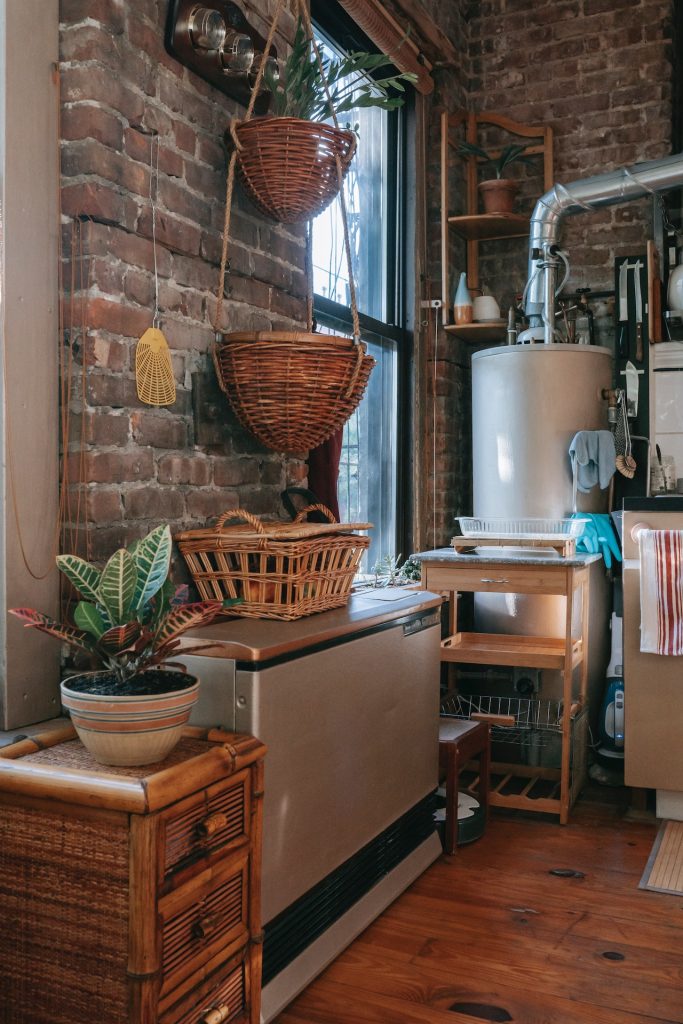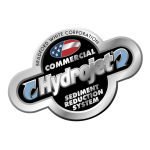Boilers are popular heating systems in US households, and their primary function is to heat the water used to heat your home. So, as the cold season nears, you will want to ensure that your boiler is working effectively.
Regular boiler maintenance will ensure that even the coldest winter days are bearable. On average, boilers last about 15 years before they start wearing down. What happens when your boiler system needs to be replaced?
Boiler replacement cost can vary based on several factors; however, the main two factors are the type and size of the boiler. Think you need a new system? We’ve created this guide to help you get the best system for your home.
Signs you need a boiler replacement
Here are a few signs that your boiler needs replacing:
- Your system is over 15 years old
- Low heating capacity
- Weird noises or funny smells
- Inefficient performance and high bills
- It breaks down often
- Visible corrosion
- The pilot light doesn’t stay lit
While some signs could also just be an indication that a simple repair is in order, a combination of these means that your system is likely on the way out. Contact a professional to run an official check on your system.
Main factors affecting boiler cost
When searching for a new boiler, there are some key things to factor into the overall cost of your new unit, including unit size and type, installation complexity and the time of year.
Boiler size
Boiler size is calculated in BTUs (British Thermal Units) – a measurement of how much heating capacity a system has. The larger your home, the more expensive your boiler replacement will likely be; your system will need to be more robust to heat the water and disperse it farther than it would in a smaller home.
It’s key to determine accurately the exact size necessary for your home’s requirements – undersizing can lead to insufficient heating, while oversizing wastes valuable energy and increases operational costs.
Here’s a chart to show which size unit you’ll need based on your home’s square footage.
Note that the BTU measurement of buildings and homes is also based on the climate in the region and the home’s insulation. Properly insulated homes in Missoula will likely need 50 to 60 BTUs per square foot.
| Home size (in square feet) | Boiler capacity (BTUs) |
| 1,000 – 2,000 | 50,000 – 100,000 |
| 2,000 – 3,000 | 100,000 – 150,000 |
| 3,000 – 4,000 | 150,000 – 200,000 |
| 5,000+ | 250,000+ |
Note: This is a generalized guide. For an exact estimate of your home’s heating needs, contact Plumb-Tech for a detailed, personalized assessment.
Boiler fuel type
Boilers are commonly categorized by the energy source they use. While they all fulfill the same end goal, the cost will vary based on the fuel type. Here are some of the different types:
- Natural gas. Popular for their affordability and simplicity of operation, these are great for homeowners on a budget.
- Propane. More efficient than natural gas boilers, these units are also slightly more expensive than their natural gas counterparts.
- Electric. These are the most environmentally friendly and efficient fuel types since 99% of the electricity is converted to heat.
- Oil boilers. Boasting an efficiency rating of up to 87%, these are efficient systems, but they come at a higher fuel cost.
- Wood. These types of boilers are more environmentally friendly than their fossil fuel-burning alternatives; they are also typically the most expensive.
Switching fuel types can also affect your final price tag. A simple-to-complex upgrade will cost more than a complex-to-simple fuel type. Also, a high-efficiency system will cost more than a standard efficiency system. Despite the higher upfront cost, this will also save you 10 to 20% on your monthly energy bills.
Complexity of installation
Complex boiler systems often require additional time and resources for installation, increasing labor costs. Furthermore, should any special parts or equipment need to be sourced for the task be required, this may significantly add to its total cost of installation.
Be mindful that the complexity of installing a boiler depends on its make, model and age – as do replacement costs for older or more advanced boilers. Consider this when budgeting for a replacement.
Factors affecting installation complexity:
- Pipework and ductwork (Does it need to be installed or extended?)
- Number of radiators
- Do existing systems need to be upgraded for compatibility?
- Same or a different fuel source?
- Available fuel sources in your region
Brand (make and model)
High-end brands often come with advanced features such as longer lifespan or higher efficiency, but they also carry a hefty price tag. Consider your current budget constraints and what will be best for the future (cost-wise).
Time of year
Notably, during winter months, prices may surge due to high demand. Many homeowners, facing breakdowns or malfunctions with their heating systems in cold temperatures, rush to schedule replacements, leading to increased service demands and prices.
Since fewer homeowners replace their boiler units during warmer seasons, you might get discounted rates from professionals experiencing slower business periods.
Permits and additional expenses
Securing the necessary permits raises the boiler replacement cost. Local authorities often require homeowners to obtain permits before any significant home improvement project, including boiler replacement.
The price for these can range significantly based on your location in Missoula, Montana. Extra costs also arise if you need to upgrade or replace existing gas lines for a new boiler installation.
Exact prices can vary for every homeowner. For an accurate estimate for your installation, contact the plumbing pros at Plumb-Tech. With over 15 years serving our community, we know the ins and outs of boilers and building regulations and can give you a price and time estimate for your new installation.
DIY vs hiring a professional
When it comes to home services, many homeowners like to try to DIY their installation and repair projects, while others would prefer to bring in a professional. Both routes can ultimately affect your price tag.
DIY installation pros and cons:
- Pro. Saves money on labor costs
- Pro. A fun and rewarding experience
- Con. Higher chance of costly mistakes with no warranty
- Con. It can be time-consuming, especially with little experience
Professional installation pros and cons:
- Pro. Professional installation: less risk and improved safety
- Pro. Expert knowledge of building codes and standards
- Con. Labor and installation costs
While there are pros and cons to either route, we recommend hiring a professional to do the job right the first time. The safety of your family and your home are worth it!
Need a new boiler? Let Plumb-Tech help.
When it comes to boiler replacement, the costs can vary significantly. This is due to various factors, including the size, make and model, fuel type, efficiency rating, and price of labor. It’s difficult to provide exact quotes online, as every homeowner’s living space is different. If you need a boiler replacement, Plumb-Tech can help. Contact us today to schedule an appointment with one of our professional HVAC technicians. We’ll calculate the cost of a new unit and estimate the other costs to help you get the best system for your home.





